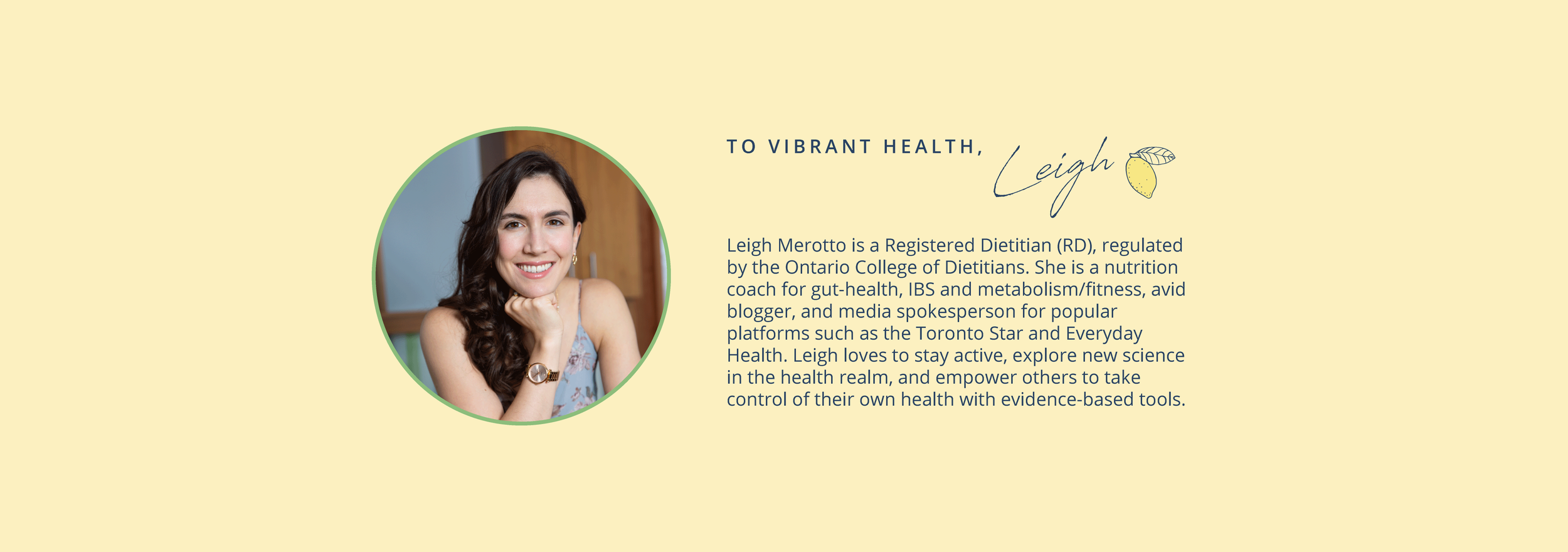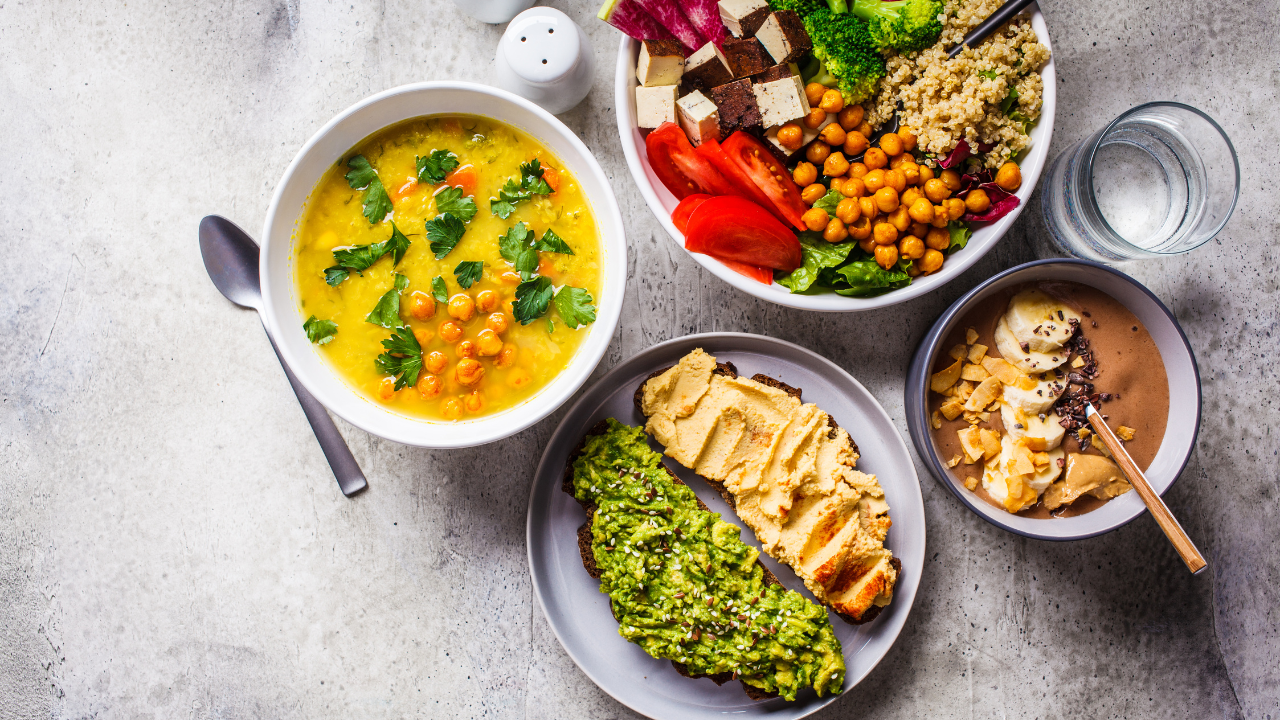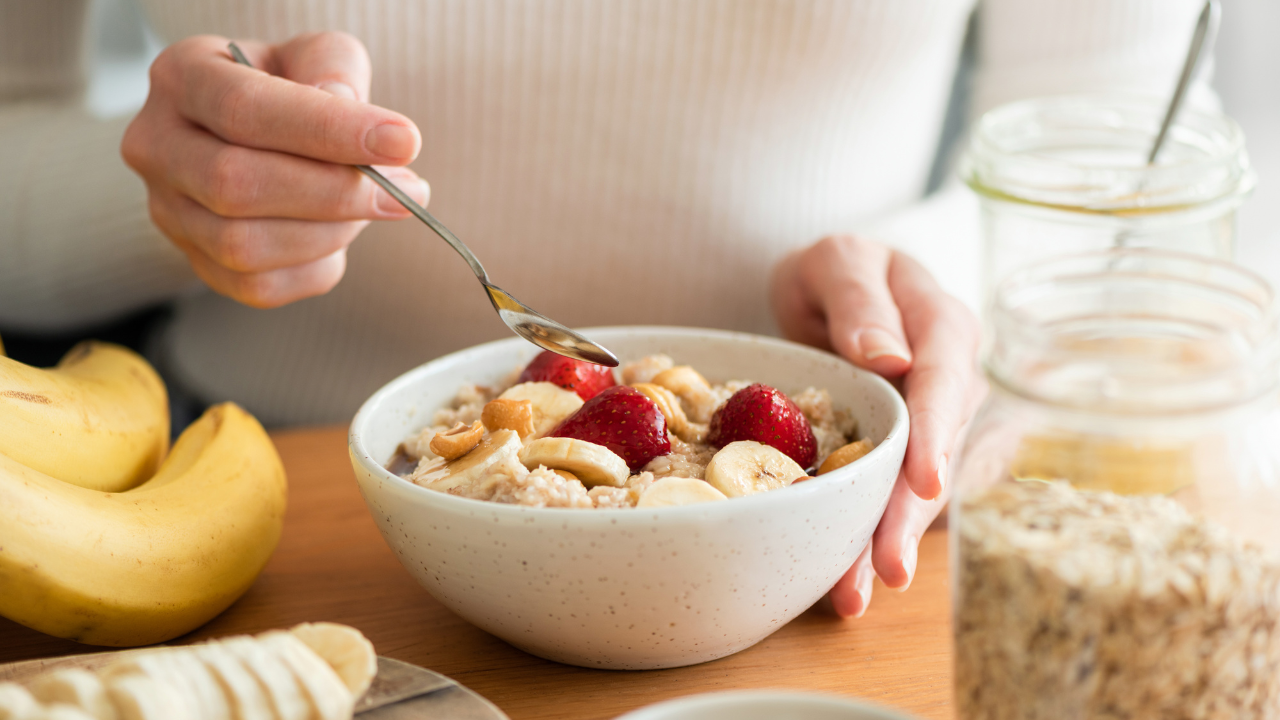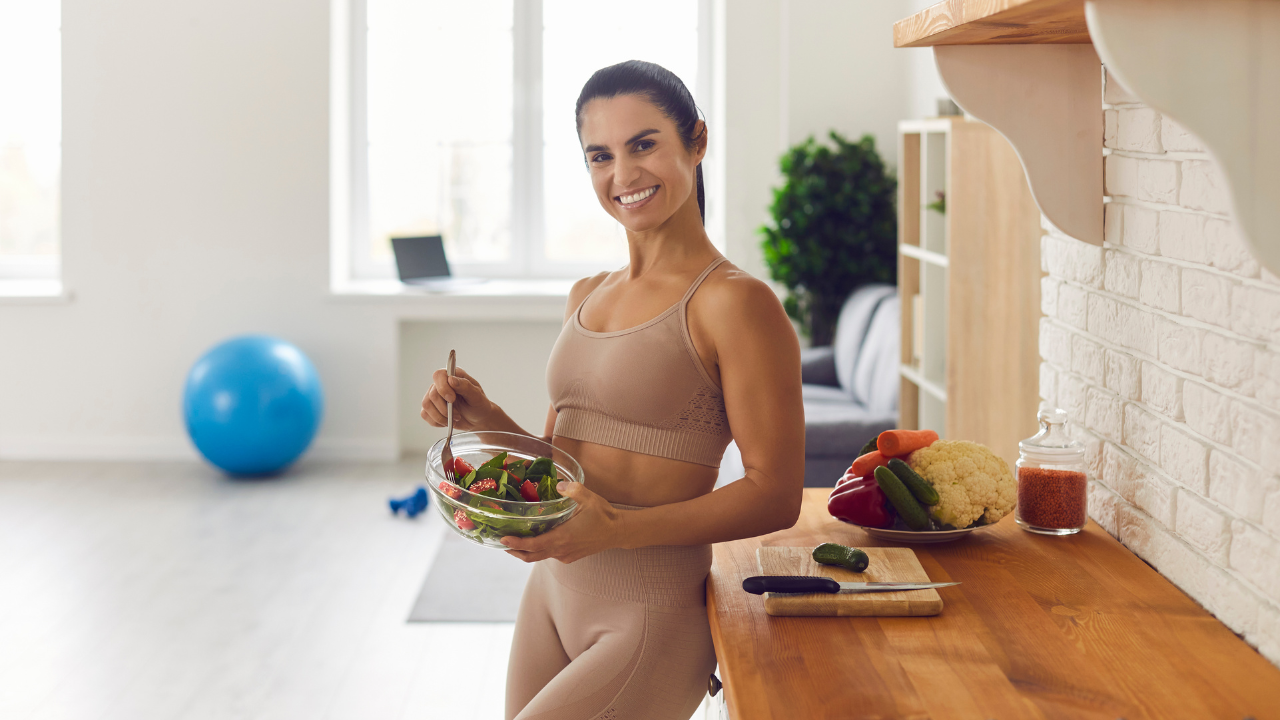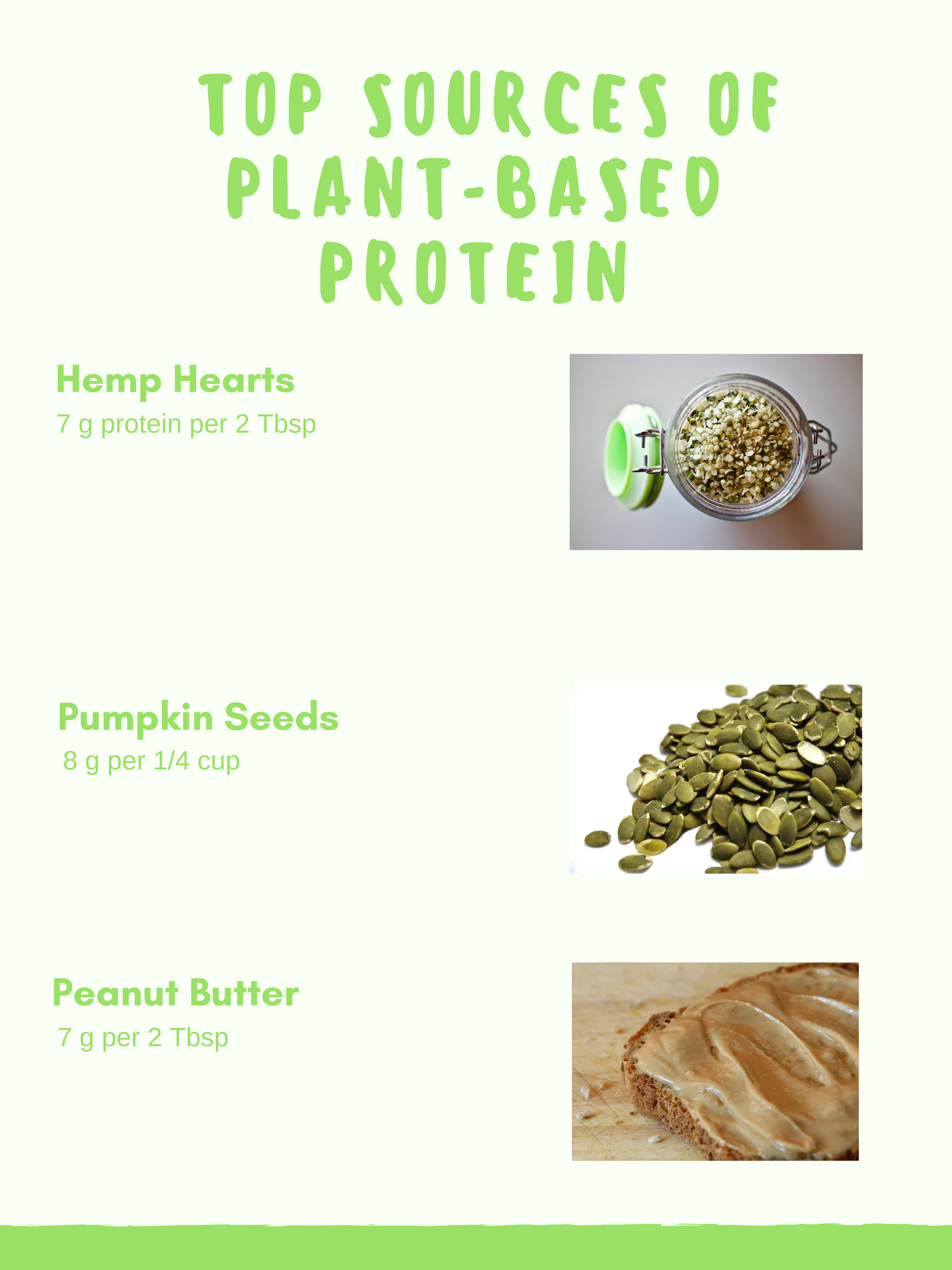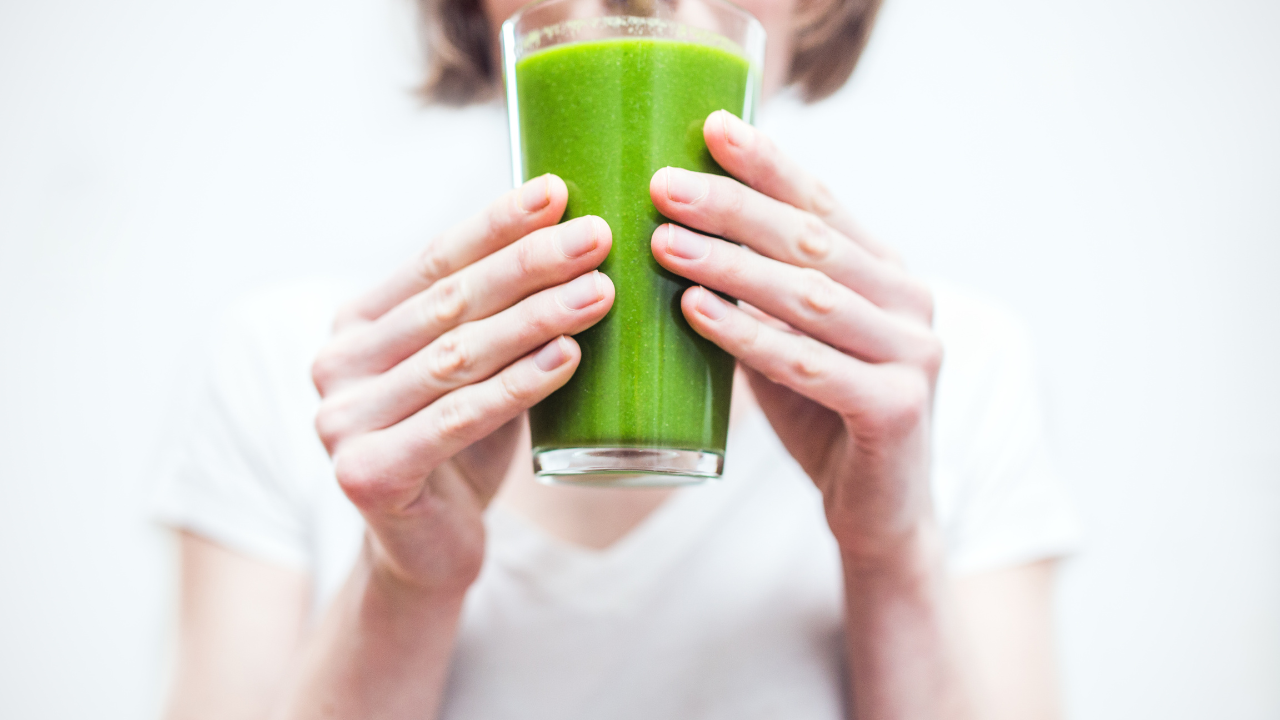Are You a Plant-Based Athlete? Here's What You Need to Know
“Plant-based” is definitely a buzzword these days, and with the release of the new CFG, everyone is talking about plant-based protein. It has become popular to debate whether we can live off of (and enjoy) a plant-based diet.
You know by now that there are many health benefits, but if you’re an active individual, you may be wondering if eating less animal-based proteins will have any impact on your overall fitness. Further, are there any considerations you need to make if you choose to be a plant-powered athlete?
Before we get to answering those questions, let’s start off by clarifying what a plant-based diet actually is, so that we are all on the same page.
What is a “Plant-Based Diet”?
People often have different interpretations of what “plant-based” eating looks like. Plant-based foods are those which come from plant sources such as legumes, soy beans, nuts, seeds, fruits, vegetables and grains. Some may think that a plant-based diet is equivalent to a vegan diet, meaning that it excludes all animal derived foods. However, this is not true, and each person’s version of a plant-based diet may look a bit different.
Depending on how you wish to follow a plant-based diet, you may still choose to include some animal foods. While the focus is on plant-sourced foods, animal foods (like dairy, meat and eggs) can still be a part of a plant-based diet, albeit a smaller part.
What are the Fitness and Health Benefits?
There is an abundance of research to support the health benefits of a plant-based diet. For example, by consuming foods from plant sources more often, we are more likely to meet our requirements for fibre. We need adequate fibre to support a healthy digestive tract, regulate cholesterol levels, and to help to stabilize blood sugar levels.
Foods such as fruits and vegetables are rich in micronutrients and antioxidants such as polyphenols and Vitamin C that keep our immune system strong. Plant foods are often lower caloric density than animal foods (such as many non-starchy vegetables like cucumbers, carrots, and greens) which means they can aid in maintaining a healthy weight.
For active individuals in particular, plant-based foods may have some specific benefits. Many plant foods, especially fruits and vegetables, contain antioxidants which can help to support training adaptations and recovery. These nutrients that are abundant in plant-based foods can help to decrease the inflammation and support muscle recovery and repair when included in a recovery meal or snack. Exercise naturally produces free radicals in the body, causing mild (but natural inflammation). Antioxidants from plant-foods (like fruits and vegetables) work to reduce this inflammation, so if you are active you will have higher antioxidant needs, especially after an intense training session. Incorporating this fact can be as simple as….
· Including some spinach in your post-workout smoothie
· Adding a squeeze of lemon in your recovery water
· Having a cooked sweet potato with your post-training egg white omelette
Will Choosing More Plant-Based Protein Affect my “Gains”?
Meat, fish and eggs often get all the credit for muscle building, but they shouldn’t! Plant-based foods are often touted as being low in enough protein; a macronutrient that we need to build, repair and maintain muscle mass (amongst other things!). However, there are many plant-based foods that are rich in protein. As long as you are getting a variety of amino acids from different sources, plant-based proteins will help build and stimulate muscle growth in the same manner as animal-based foods. Choosing plant-based sources of protein more often should not have a negative impact on your training and recovery.
One thing to keep in mind though, is to choose lower-fat sources of plant-based proteins around your training sessions. The lower-fat options include tempeh, edamame beans, quinoa, and legumes (lentils, chickpeas, beans). The reason being that protein sources like nuts and seeds contain a good amount of fat. Although healthy fats are good for us, we want to avoid consuming more than 5-10g of fat around our workouts because it may lead to some digestive distress (if eaten pre-workout) and slow down digestion of fuel for our muscles (if eaten post-workout).
P.S. Find it hard to meet your protein needs while vegan or plant-based?
Grab my 7-day High Protein Plant Based Meal Plan - 100g of daily protein & easy, delicious recipes!
Which Plant Foods Contain the Highest Amounts of Protein?
Here is a list of the best sources of plant-based protein:
Easy Plant-Based Pre or Post-Workout Snack & Meals
Here are some simple plant-based pre or post workout snacks and meals to help you fuel properly:
Oatmeal + vegan protein powder
Tofu scramble with sweet potato
Roasted chickpeas
Banana + soymilk
Recovery smoothie: spinach, coconut water, banana, frozen berries, hemp hearts
Toast + PB2
Edamame beans + grain bowl
P.S. Looking for a low-FODMAP and plant-based protein powder that actually tastes GOOD and won’t make you bloat? My top option is Nuzest Clean Lean Protein!
Use code LEIGH15 at checkout to save 15% off your purchase of Nuzest Clean Lean Protein.
Some Considerations
If you choose to be vegan or vegetarian, there are some nutrients that you need to be mindful of getting enough of in your diet especially if you are active. These include iron, Vitamin B12, Zinc, and calcium. The best way to ensure you are getting enough of these nutrients is to eat a variety of plant-based proteins (nuts, seeds, legumes, grains, and soy products) on a daily basis.
Another consideration is that many plant-based foods are also very high in fibre. While this can be a good thing for the average individual, this may pose a challenge to individuals with high energy and protein needs in order to maintain or build a high level of lean muscle mass (eg. weight-lifters, bodybuilders). It may be difficult to meet their requirements without experiencing the trials of excess fibre from plant foods (eg. gas, bloating, etc… no fun!).
In addition, as many plant-based foods and protein sources tend to be lower in calories, some athletes and active individuals may fail to meet their required daily energy needs due to lack of adequate planning, which can have negative impacts on training and recovery.
For supplement considerations and to ensure you are meeting your individual needs, it may be beneficial to enlist the help of a dietitian.
Closing Thoughts
As you can see, plant based eating brings a world of health benefits! But if you are considering trying it, it does require adequate planning to be done properly.
For more gut-friendly and fitness meal planning tips, be sure to follow along with me on instagram at leighmerotto_rd.
